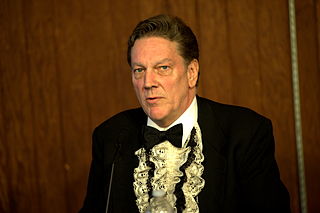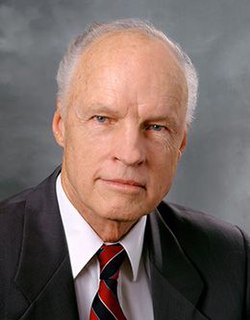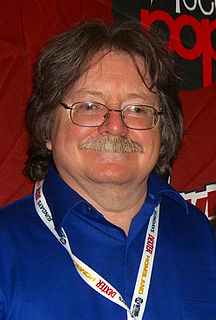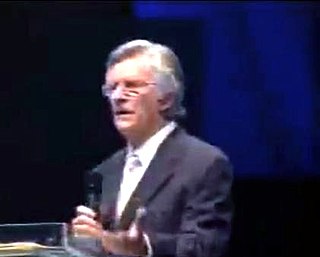A Quote by Francis Pharcellus Church
The most real things in the world are those that neither children nor men can see. Did you ever see fairies dancing on the lawn? Of course not, but that’s no proof that they are not there. Nobody can conceive or imagine all the wonders there are unseen and unseeable in the world.
Related Quotes
You've got to give kids really beautiful children's books in order to turn them into revolutionaries. Because if they see these beautiful things when they're young, when they grow up they'll see the real world and say, 'Why is the world so ugly?! I remember when the world was beautiful.' And then they'll fight, and they'll have a revolution. They'll fight against all of our corruption in the world, they'll fight to try to make the world more beautiful. That's the job of a good children's book illustrator.
In this external world, which is full of finite things, it is impossible to see and find the Infinite. The Infinite must be sought in that alone which is infinite, and the only thing infinite about us is that which is within us, our own soul. Neither the body, nor the mind, nor even our thoughts, nor the world we see around us, is infinite.
We are most blessed when we see ourselves as we are seen by [the Savior] and know ourselves as we are known by Him. In this world, we do not really grasp who we are until we know whose we are. The Lord says, 'I will not forget you. I have graven you on the palms of my hands' (see Isaiah 49:15-16). He will never forget us nor our real identity. [And, neither should we ever] forget whose we are. We are His.
The world is not looking for more doctrinal proof of the reality of God! It is not looking for greater proof of the resurrection or better arguments about creation. The world is looking for Christians who can stand up to every crisis, fear, trouble and difficulty and remain calm and at rest in the midst of it all. The world needs to see God's children trusting wholly in their Lord.































